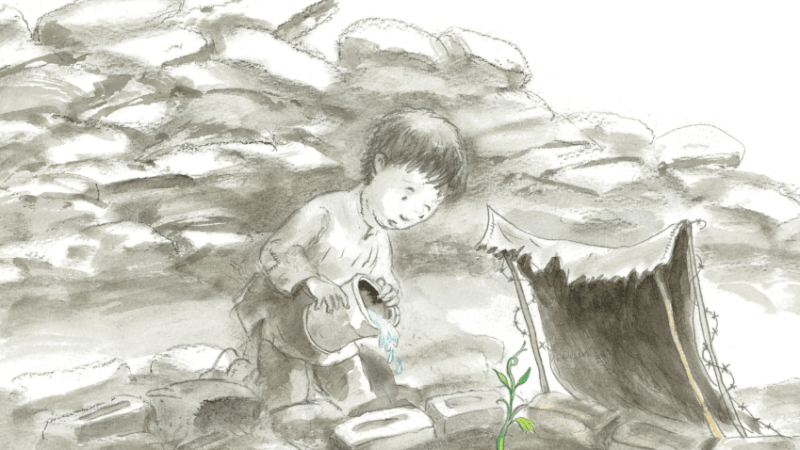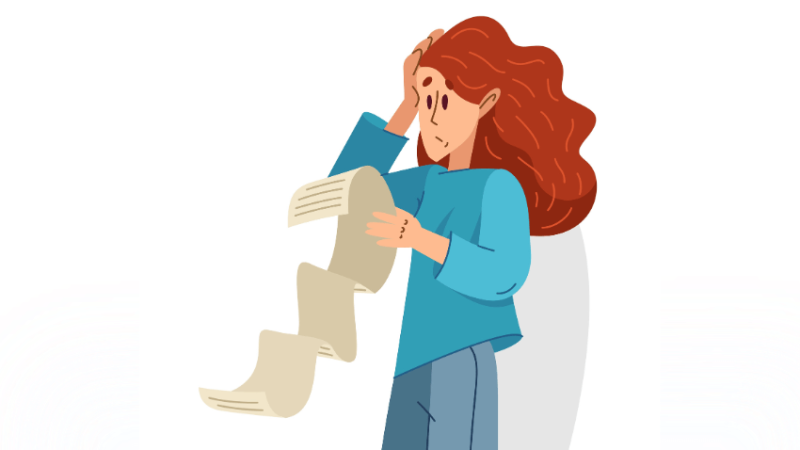Recovery curriculum – It’s not about trying to cram in every missed lesson

We’ve always assessed what children know and tailored our teaching accordingly – it’s not about cramming in every missed lesson, says Kevin Harcombe…

I solemnly swear to complete this article without using the words ‘unprecedented’, ‘extraordinary’ or ‘new normal’. These cliches have been done to death in public discourse since Covid-19 appeared on the scene.
We’ve been told by commentators that children will have suffered catastrophic learning loss by being at home with their families for three months; a loss arising from time spent building dens in the garden or living room, doing occasional home learning, reading a bit, watching Netflix a bit more and generally taking time out from the education merry-go-round.
I can see parents may have suffered during this time, especially if they were both working from home and homeschooling, but if the kids in Reception, Y1 and Y6 who returned full-time in June are anything to go by, they trotted back into school looking refreshed and ready to crack on.
Of course, some children will have had a less rewarding experience but, sadly, these children have less rewarding experiences at weekends and in the evenings anyway – these vulnerable children will have been monitored by schools and, in the case of my own establishment and many others, will have been required to attend school throughout lockdown in order to keep them safe.
Now there is much talk of ‘catching up’ and ‘recovery curriculum’ (from politicians, rather than education professionals, for the most part) to add to the sense of national angst – stressing about holiday quarantines, second waves and pubs having no beer wasn’t enough, apparently.
John Hattie, the esteemed education writer, undertook research into learning loss, in particular relating to children who missed a long period of formal education due to the earthquake in New Zealand in 2011.
His research demonstrated that these children suffered no subsequent learning loss – zilch – and, in fact, achieved better-than-expected exam results. Resilient? Children? Who knew?! Most teachers, that’s who.
Schools will look different, to be sure. I posted a photo on our website to show parents and children what their classroom would look like in September 2020: basically children seated two to a desk in rows.
Apart from the haircuts and casual tops I could have posted a picture from 1920 and it would’ve been pretty much the same, though at a mere 30 to a class we have improved conditions a little since then.
Teachers – and didn’t you all do a fantastic job (as usual) these past months – have always informally assessed what children know and can do and tailored their teaching accordingly.
That is what the recovery curriculum will look like; not cramming in every lesson the children missed during lockdown, but concentrating on the key learning (yes, mainly English and maths) that the children lack.
There will be lots of work re-establishing routines and expectations – which should be high but achievable.
Teachers will have planned learning outdoors wherever possible, factored in short breaks and designed learning tasks that are, initially at least, shorter and sharper as we build up learning stamina once more.
Children will revisit some learning, be challenged to remember and apply it and slowly develop those qualities of fluency and accuracy they had previously attained.
And, what’s more, hands will never have been so clean. Proportionate revision and catch-up coverage will be carefully aligned with the new year’s learning so that it is sequential, progressive and done and dusted by July 2021.
Providing we can stop too many children getting addicted to hand gel fumes, all should go swimmingly.
The key part of any recovery curriculum will centre on that key relationship between teacher and child which makes in-person teaching so much more effective than the Zoom version.
The fact that teachers and children will actually be very pleased to see each other after so long speaks volumes.
This was the case when some of our pupils returned: teachers were practically beaming, so pleased were they to be teaching their classes again.
We even managed a singing performance of sorts for our Y6 leaving event. It involved an amplified outdoor solo from behind a Perspex screen, 10 metres away from anyone else, and was actually better than our usual non-Covid event.
Learning will resume pretty much as before, albeit in revamped learning environments. The new normal won’t be a million miles from the old normal, despite these extraordinary and unprecedented events. Damn those cliches – they’re just so apposite you can’t resist them.
Kevin Harcombe is a Teaching Awards winner and headteacher at Redlands Primary, Fareham. Follow him on Twitter at @kevharcombe.









